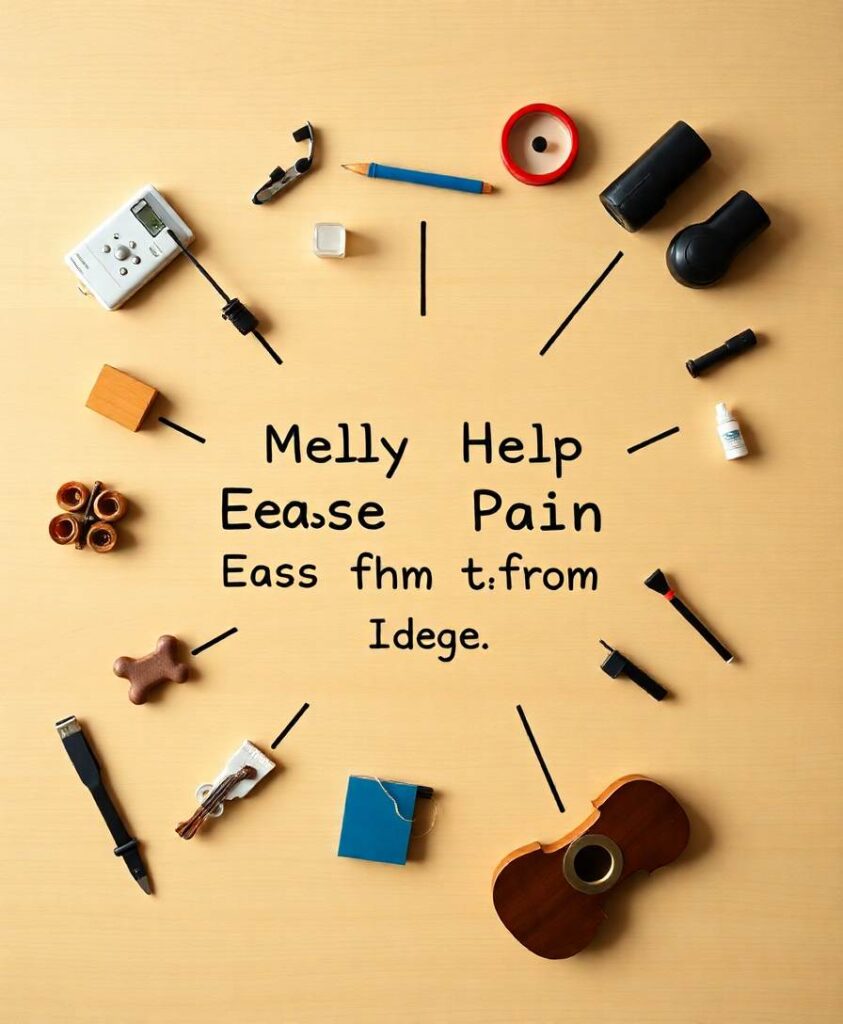ObjectiveThis systematic review and meta-analysis aimed to evaluate the preventive effect of transcutaneous electrical acupoint stimulation on postoperative delirium in elderly surgical patients.MethodsPubMed, CENTRAL, China National Knowledge Infrastructure, and WanFang databases were searched for randomized controlled trials regarding the effect of transcutaneous electrical acupoint stimulation on preventing postoperative delirium in elderly patients undergoing any type of surgery. The primary outcome was the incidence of postoperative delirium. The secondary outcome was the duration of postoperative delirium. All analyses were conducted using RevMan 5.3 and Stata 13.0 software.ResultsTwelve trials with 991 participants were included, and most of them were at high/unclear risk of bias. Meta-analysis showed transcutaneous electrical acupoint stimulation could reduce the incidence of postoperative delirium (RR = 0.40, 95%CI = 0.29 to 0.55, p < 0.00001) and shorten the duration of postoperative delirium (MD = –0.97 days, 95%CI = −1.72 to −0.22, p = 0.01). Subgroup analyses demonstrated that transcutaneous electrical acupoint stimulation reduced the incidence of postoperative delirium in elderly patients undergoing orthopedic surgery and thoracic surgery, but not digestive surgery; transcutaneous electrical acupoint stimulation with dilatational wave and with continuous wave were both beneficial; and transcutaneous electrical acupoint stimulation was favored when compared to blank and sham control.ConclusionTranscutaneous electrical acupoint stimulation could reduce the incidence of postoperative delirium and shorten the duration of postoperative delirium in elderly surgical patients. The findings should be interpreted with caution due to weak evidence. High-quality, large sample, and multi-center trials are needed to further confirm the preliminary findings.Systematic review registration: https://inplasy.com/inplasy-2022-7-0096/, identifier: INPLASY202270096.


